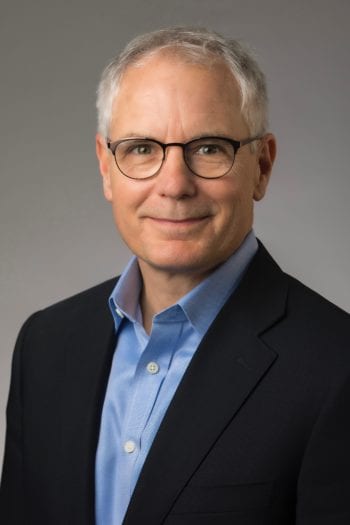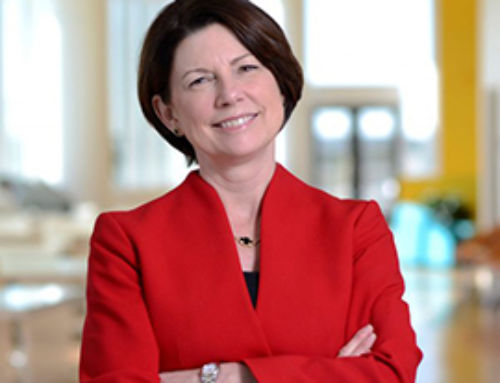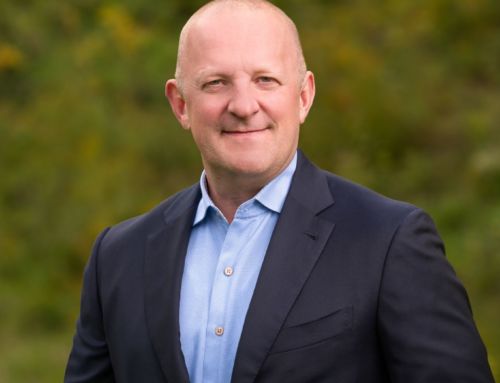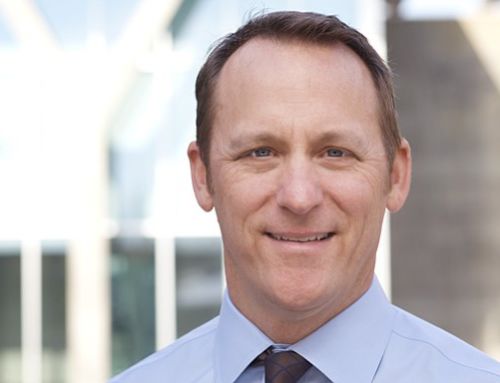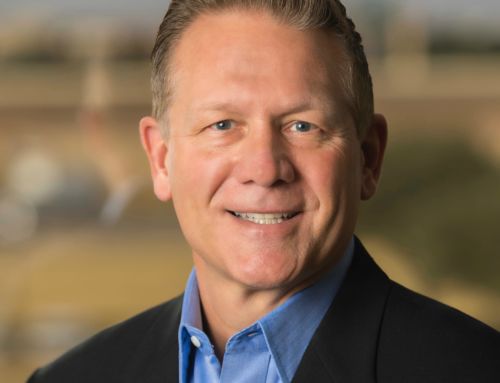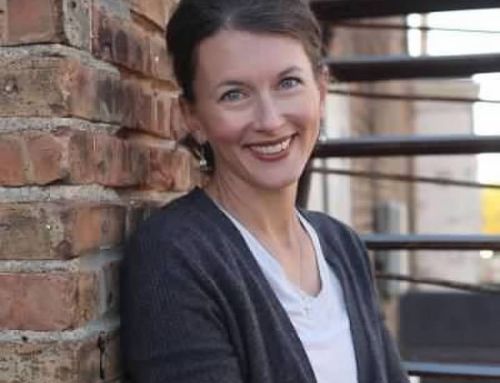At the Halftime Institute we care more about how you’re doing 30 years from now, than 30 months from now.
A few years back we created a 2-day experience for business leaders around the topic of “finishing your life well.” We did it for several years in partnership with Jim Collins, the author of books like Good to Great — about great leaders and great companies.
After more than 25 years studying how great leaders help companies become great, Jim is also interested in why many of those great leaders don’t finish well.
Legendary theologian Howard Hendricks once told Bob Buford that after many years of studying the Bible, he has concluded that most of the Biblical leaders did not finish well. Think about David, Moses, Samson, and the list goes on.
At age 55, I can’t tell you much about finishing well from my own life experience. Ask me in 30 years. But I sure am interested to learn and I’ve been studying up.
I have had the privilege of investing the past 20 years, in partnership with Bob Buford and others, to launch and develop the Halftime movement around the world. I’ve now spent more than 11,000 hours coaching men and women on their personal journeys from success to significance. As I write this article, I am flying home from Asia after 10 days launching a Halftime Roundtable in Taiwan. I spent the trip leading a large group of seasoned executives in Hong Kong through a 3-day collaborative session to help them plan a great second half.
I’ve become an expert at mid-life renewal.
But there’s a big difference between mid-life renewal and finishing well.
Over the years, I have made it a practice to study the people I coach. I look back ten or more years and I ask the question, “Who is finishing well?” and “Who is not finishing well?” What made the difference?
Early in a coaching relationship, I ask my clients to write down what they really want, if their life turns out perfectly. So, rather than this being a subjective assessment, I use their own metrics to assess how they are doing now, and I have been surprised by my learnings.
First, two things that I thought would be critical factors to finishing well had little impact: money and talent. It turns out that if you have more money or more talent you are no more likely to finish well in your second half than those with less.
So, here’s a brief summary of what I learned from studying the lives of key leaders I have coached. The key factors to finishing well may surprise you, as they surprised me.
- Clarity and Focus: Each of my clients who are finishing well 10-15 years after their midlife renewal, have taken the time to get clear on their calling. There’s a big difference between spending your second half sort of “sloppy busy” with a mix of board roles and volunteering, and knowing and focusing on your calling. A calling provides staying power. This is the power of coaching – having clarity, direction, and a plan.
- Encouragement and Support: They surrounded themselves with sources of encouragement. At the Halftime Institute, we recommend forming a Personal Board of Directors. In fact, my colleague, Paul McGinnis wrote two very articulate blogs recently on the 4 Reasons You Need a Personal Board of Directors and How to Create Your Personal Board of Directors. Have you read them? Every person who is living out their calling will encounter opposition, failure, risk and discouragement. Who you have around you when obstacles arise will play a major factor in your ability to finish well in spite of them.
- Adaptability: Leaders who finished well became more flexible and adaptable as they grew older, rather than becoming “set in their ways” or “grumpy old men/women.” I don’t fully understand how people train to become more adaptable, but one element is the underlying belief that “it’s not about me, so therefore, I can flex to serve more effectively.” How are you doing in evolving into a more adaptable person?
- Spouse as Priority: If they were married, leaders finishing well consistently chose to put their spouse’s interests and calling ahead of their own. Hmmm, that’s easy to say but harder to do consistently over time. I am making an attempt at this one, and I encourage my clients to do the same. To know how it is going, I suppose you should ask my wife, Linda, how I’m doing. How would your spouse rate you in this area? Think about it: It makes sense doesn’t it? If your spouse is thriving, and feels cherished by you, your mind and heart will be free to live your calling in a richer more fully present way. That’s been my experience over these recent years.
- Health and Rest: Pay close attention to your health. You and I can’t control many elements of our health, but there are many that we can. By focusing on sleep, nutrition, exercise, balance, strength and mental equanimity we can avoid many of the things that take away from the ability to make an eternal impact in our second half.
We have woven teaching, case studies, and best practices in these 5 areas into the Halftime Institute Fellows Program.
I am finding in my own life that by having these front and center in my mind I can actually see improvements. The most difficult aspect for me is to grow my adaptability quotient.
My study of Halftime alumni may not be statistically reliable, but it’s based on deep, intimate knowledge of successful people who all went through the same mid-life renewal process, and had the same coach.
My guess is there are valuable lessons here for you and I. At the very least, I hope this removes from our minds the myth that the degree that we can finish well is somehow linked to our talent and our money.
Instead…
- Do you know your calling? If not a Halftime Certified Coach can help you sort that out.
- Are you surrounded by sources of encouragement? Do you have a Personal Board of Directors?
- Are you becoming more adaptable, or instead are you becoming set in your ways?
- Have you chosen to out your spouse’s interests ahead of your own?
- Are you paying close attention to your health?
Please let us know how we can serve you in your Halftime journey. If you’re interested in learning more about our programs, fill out the form below.
